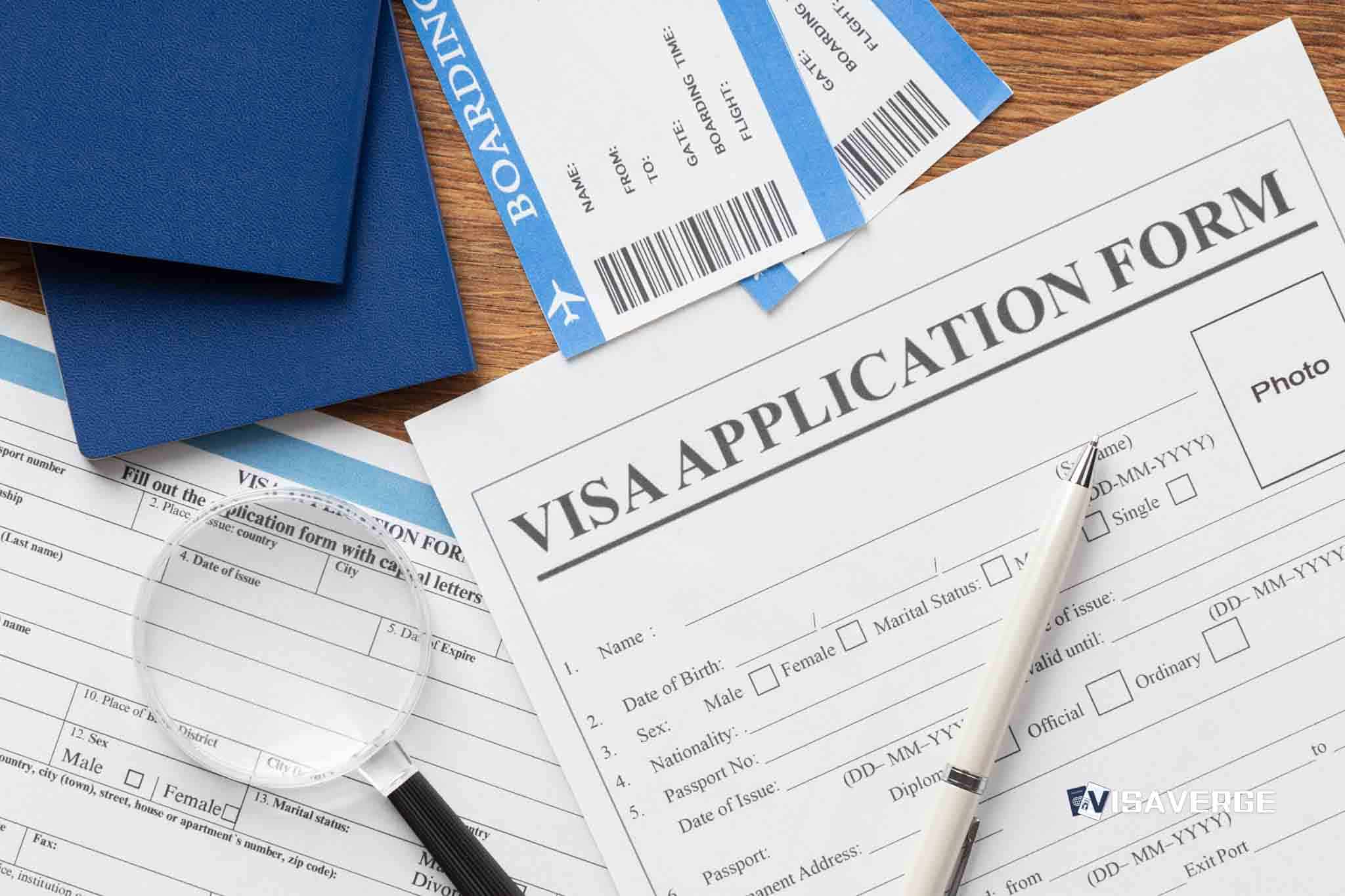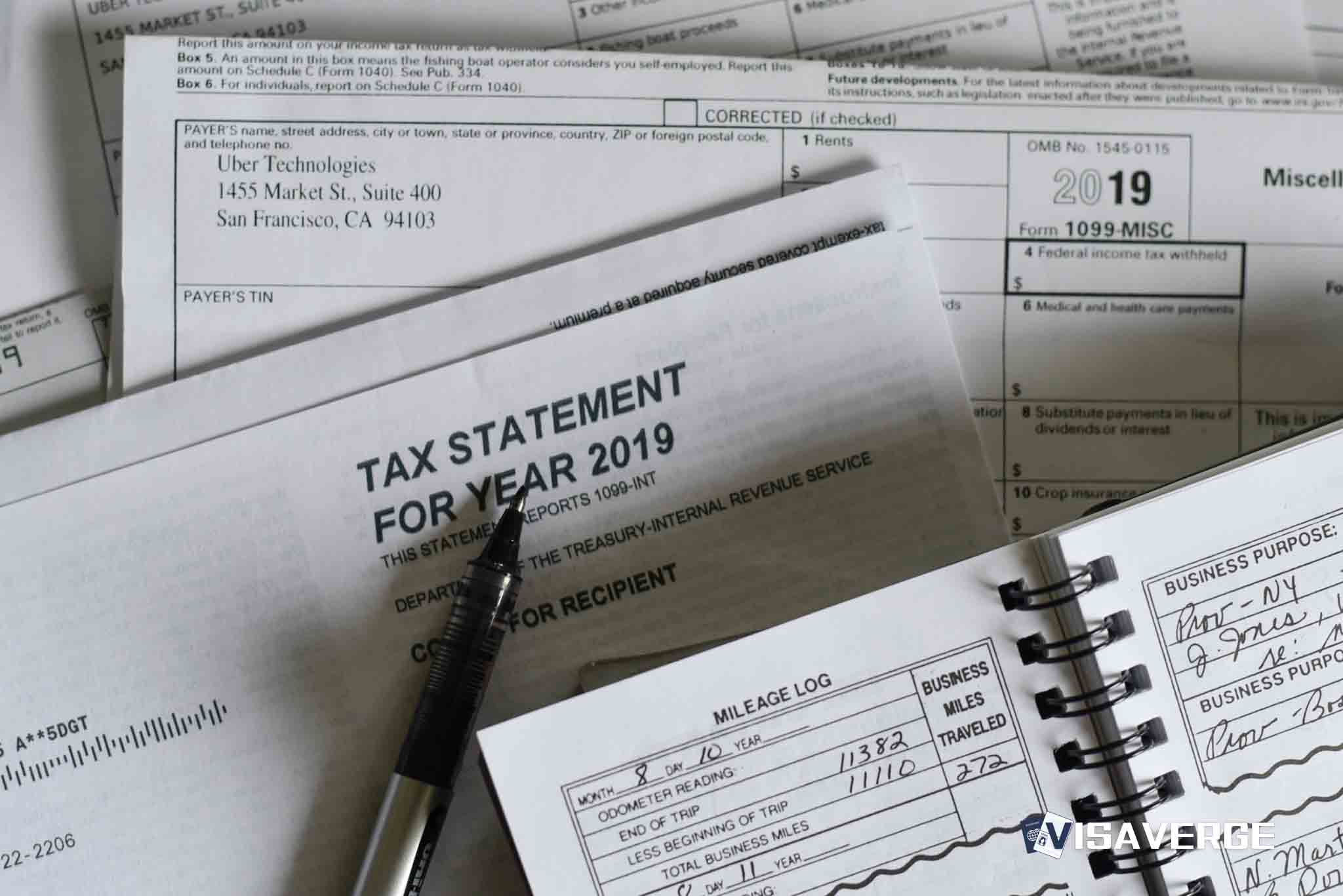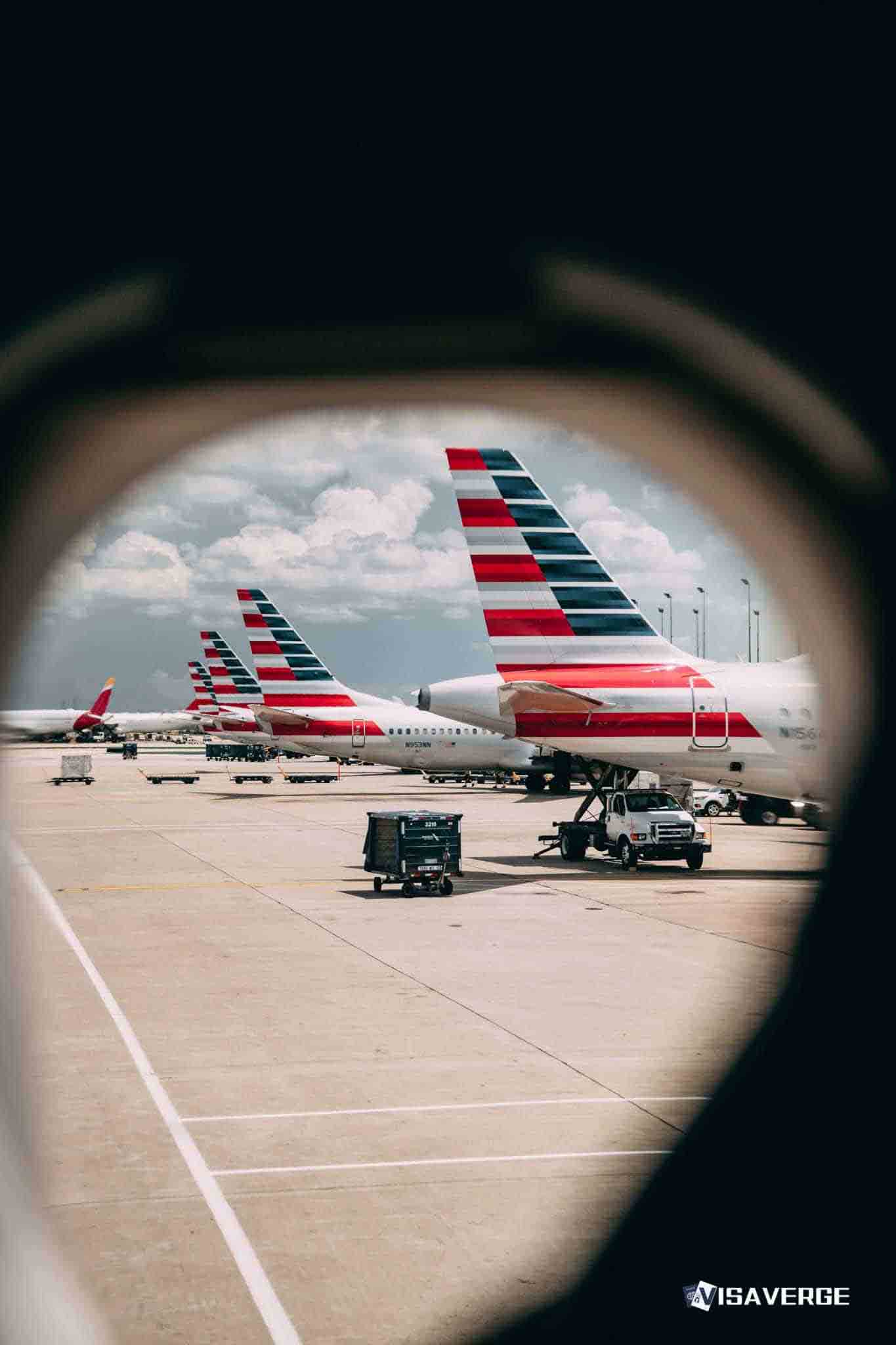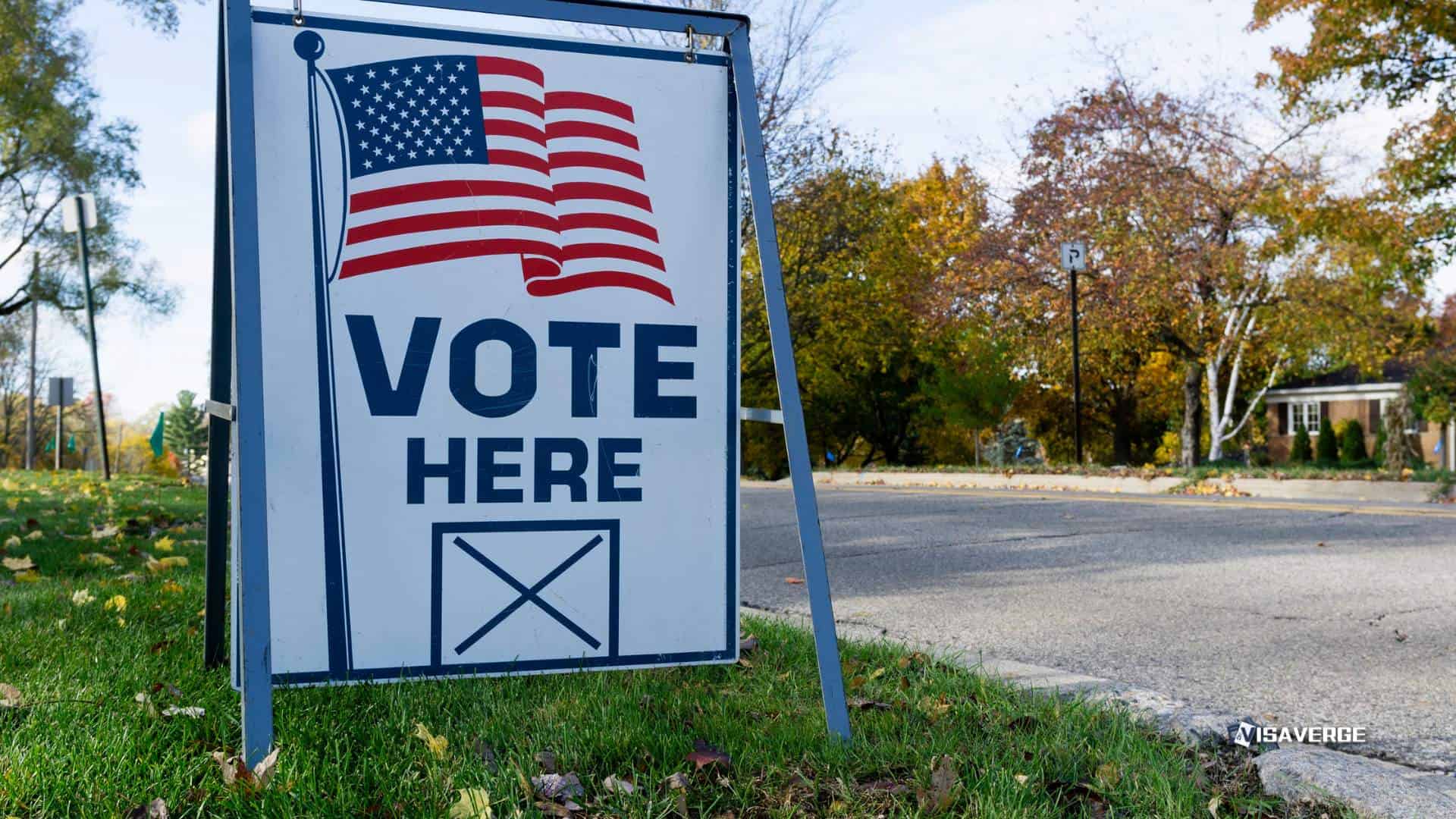Understanding the Process of H1B to O1 Visa Transfer
If you are currently working in the United States on an H1B visa and are considering transitioning to an O1 visa, there are several things you should know. The O1 visa, often referred to as the “genius visa,” is a non-immigrant visa granted to individuals who possess extraordinary ability in the sciences, arts, education, business, or athletics, or who have a demonstrated record of extraordinary achievement. In this article, we’ll explain how to transfer from an H1B visa to an O1 visa, and delve into the advantages and disadvantages of making such a move.
The Transfer Process
Transferring from an H1B to an O1 visa involves a series of procedural steps and stringent requirements:
- Assess Your Eligibility: First, ensure that you meet the eligibility criteria for the O1 visa. You must demonstrate a level of expertise indicating that you are one of the small percentage who has risen to the very top of your field.
- Gather Documentation: Compile evidence of your extraordinary abilities, such as awards, media articles, expert testimonials, and proof of high remuneration.
-
Petition Filing: Your U.S. employer or agent must file a Form I-129, Petition for a Nonimmigrant Worker, with the USCIS on your behalf, along with the required evidence and O Supplement.

- Visa Application: Once your I-129 petition is approved, if you are abroad, you may apply for the O1 visa at a U.S. Embassy or Consulate. If you are already in the U.S., you may need to apply for a change of status.
For official guidance and current procedures, visit the U.S. Citizenship and Immigration Services (USCIS) website or consult an immigration attorney.
O1 Visa Advantages
Choosing the O1 visa route comes with several potential benefits:
- No Annual Cap: Unlike the H1B visa, there is no annual limit on the number of O1 visas issued.
- Duration of Stay: The O1 visa generally allows you to stay for the initial period necessary to perform or complete the event, activity, or performance, up to three years, with unlimited extensions in one-year increments.
-
Employment Freedom: O1 visa holders have more flexibility in terms of employment compared to H1B visa holders and may work for multiple employers if each submits a separate petition.
-
Family Inclusion: Your spouse and unmarried children under the age of 21 may join you in the U.S. under the O3 visa status.
O1 Visa Disadvantages
However, there are also some downsides to consider:
- Stringent Criteria: The eligibility criteria for the O1 visa are rigorous, requiring substantial proof of your extraordinary abilities.
- Risks of Denial: Given the high standard of proof required, there’s an inherent risk of denial compared to other visa categories.
-
No Dual Intent: The O1 visa is not a dual intent visa, meaning you must maintain an intention to return to your home country once your visa expires, unlike the H1B, which can potentially lead to a Green Card.
Making a Wise Decision
Before proceeding with the H1B to O1 Visa Transfer, it’s crucial to carefully evaluate your situation and the requirements of the O1 visa. Consider consulting with an immigration lawyer to help navigate the process and improve your chances of approval. While the O1 visa may offer several advantages such as flexibility and the absence of an annual cap, it comes with its challenges.
In conclusion, transferring from H1B to O1 visa status can be a meticulous yet rewarding path for those who qualify. By understanding the process and weighing the O1 visa advantages and disadvantages, you can make an informed decision about whether seeking the “genius visa” is the correct next step in your professional journey. Remember that each case is unique, and successful transfer will highly depend on meeting the stringent eligibility criteria and presenting a strong case to USCIS.
Still Got Questions? Read Below to Know More:
Does switching from an H1B to an O1 visa impact my spouse’s ability to work in the U.S
If you are considering transitioning from an H1B to an O1 visa, it is crucial to understand how this change can impact your spouse’s work eligibility in the United States. The H1B visa allows your spouse to apply for a work permit under the H-4 visa status. This work permit is known as Employment Authorization Document (EAD).
Switching to an O1 visa, which is granted to individuals with extraordinary ability in their field, changes the scenario. Your spouse would then be eligible for the O-3 visa status. Unlike the H-4 visa, the O-3 visa does not provide work authorization. As a holder of an O-3 visa, your spouse would be allowed to live in the United States, study, and depend on the O1 visa holder’s status but not engage in employment.
For official information, always refer to the U.S. Citizenship and Immigration Services (USCIS) website or consult with an immigration lawyer. For your reference, here is the official page concerning O1/O2 visa holders and their families: USCIS – O-1 Visa: Individuals with Extraordinary Ability or Achievement. It’s important to review these rules and regulations carefully as immigration policies are subject to change.
If I get denied an O1 visa after an H1B, how soon can I reapply, and will it affect my current H1B status
If your O1 visa application is denied after you have an H1B visa, it will not directly affect your present H1B status as long as you maintain your H1B visa qualifications, such as working for your H1B sponsor. Regarding reapplication, there’s no specific waiting period mandated by U.S. immigration law before you can apply again for an O1 visa. You can reapply at any time, assuming you have new evidence or information to address the reasons for the initial denial.
When reapplying for an O1 visa, it is crucial to:
– Review the reasons for denial: Ensure you understand why the initial application was denied so you can address those issues.
– Update your application: Supplement your new application with additional evidence or documents that could strengthen your eligibility.
– Consult with an immigration attorney: An expert can provide valuable guidance and increase your chances of approval on a subsequent application.
The U.S. Citizenship and Immigration Services (USCIS) suggests that:
“If your visa application is denied, you may reapply for a visa by filing a new application.”
Here is an official resource for more information on visa denials: U.S. Department of State – Visa Denials.
Keep in mind that each visa application is evaluated individually based on its merits. A previous denial does not automatically lead to another denial, nor does it affect your existing H1B status as long as you continue to abide by its terms.
However, while the denial of your O1 visa application does not affect your H1B status, always be mindful of the validity period of your H1B visa to maintain your legal status in the United States. If you need further detailed guidance, it’s recommended to reach out to an immigration attorney or consult the embassy or consulate where your O1 visa application was processed.
What happens to my O1 visa application if I change jobs while it’s being processed
If you change jobs while your O1 visa application is being processed, the outcome will depend on the stage of the application process and the specifics of your case. Here’s what typically happens:
- New Petition Required: The O1 nonimmigrant visa is employer-specific, which means it is tied to the company or individual that files the petition on your behalf. Therefore, if you change jobs, your new employer must file a new Form I-129, Petition for a Nonimmigrant Worker, with the U.S. Citizenship and Immigration Services (USCIS).
- Withdrawal of Current Petition: Your current employer has the option to withdraw the petition if you leave the organization before the USCIS has made a decision. If the petition is withdrawn, your application process will come to a halt, and the new employer will need to start the process again.
-
Impact on Application Timeline: The change of employment will likely affect your application timeline. You will need to go through the initial process stages again, including the advisory opinion from a peer group and the submission of evidence that you meet at least three of the eligibility criteria for the O1 visa.
Remember to communicate with your new employer about the O1 visa transfer process so they can initiate the new petition as soon as possible. It is also advisable to consult with an immigration attorney who can provide guidance tailored to your situation.
For more detailed information, you can review the policy and processes on the official USCIS website:
– O1 Visa Overview: USCIS O1 Visa Information
– Form I-129: Petition for a Nonimmigrant Worker
Can I apply for an O1 visa if I’ve been working in the U.S. under H1B for less than a year
Yes, you can apply for an O1 visa even if you’ve been working in the U.S. under an H1B visa for less than a year. The O1 visa is a nonimmigrant visa for individuals who possess extraordinary ability in the sciences, arts, education, business, or athletics, or who have a demonstrated record of extraordinary achievement in the motion picture or television industry and have been recognized nationally or internationally for those achievements.
Here are the key criteria for the O1 visa:
- Extraordinary Ability: You must demonstrate that you have extraordinary ability by sustained national or international acclaim or a record of extraordinary achievement in the motion picture or television industry.
- Non-Immigrant Intent: Even though the O1 visa is a non-immigrant visa, it is not subject to the dual intent doctrine like the H1B visa. You will need to show that you intend to return to your home country after your visa expires.
- Employer or Agent: You must have a U.S. employer, or an agent (a U.S. agent may be the actual employer, the representative of both the employer and the beneficiary, or a person or entity authorized by the employer to act for, or in place of, the employer as its agent).
Keep in mind that transitioning from an H1B to an O1 visa means that your U.S. employer or an agent would need to file a Form I-129, Petition for a Nonimmigrant Worker, on your behalf. There is no set requirement for the amount of time you must have been on H1B status before applying for an O1; instead, you must fulfill the eligibility criteria of the O1 category.
For more detailed information on the O1 visa process and eligibility, you can refer to the official U.S. Citizenship and Immigration Services (USCIS) website: O-1 Visa: Individuals with Extraordinary Ability or Achievement.
Remember, while current U.S. work experience can be an asset in showing your abilities and achievements, it’s the overall demonstration of your extraordinary abilities that will be the deciding factor for O1 visa eligibility.
Are there special considerations for O1 visa eligibility if I’m self-employed but currently on an H1B
Yes, there are special considerations for O1 visa eligibility if you’re self-employed but currently on an H1B visa. The O1 visa is reserved for individuals with extraordinary ability or achievement in their field. Being self-employed can present unique challenges when applying for an O1 visa, as you must demonstrate that you have sustained national or international acclaim and that your work in the United States will be at a significant level.
Here are key points you should consider:
- Documentation of Extraordinary Ability: As a self-employed individual, you will need to provide ample evidence of your extraordinary abilities. This includes awards, contracts, testimonials, and media coverage of your work. Make sure that your documentation is robust and clearly illustrates your accomplishments and recognition in your field.“You must demonstrate that you possess extraordinary ability in the sciences, arts, education, business, or athletics, or that you have a demonstrated record of extraordinary achievement in the motion picture or television industry.” – U.S. Citizenship and Immigration Services (USCIS)
-
Agent as Petitioner: If you don’t have a traditional employer, an agent might act on your behalf as the petitioner. This agent could be a U.S. agent who represents both you and employers in the U.S., or a person or entity authorized by you to act for you as your agent.
“An O-1 petition may be filed by a U.S. employer, a U.S. agent, or a foreign employer through a U.S. agent.” – USCIS
-
Specific Events or Projects: Your O1 visa application should relate to specific events or engagements that will occur in the United States. As a self-employed individual, you must provide evidence of contracts or detailed explanations of planned projects and their significance.
For more detailed information on the O1 visa eligibility and requirements, visit the official USCIS page on O1 Visa: Individuals with Extraordinary Ability or Achievement at USCIS O1 Visa.
Lastly, it’s advisable to work with an immigration attorney who can help guide you through the complexities of the application process, particularly given your self-employed status.
Learn today
Glossary:
- H1B Visa: A non-immigrant visa that allows U.S. employers to hire foreign workers in specialty occupations for a specified period. The H1B visa is subject to an annual numerical cap.
- O1 Visa: A non-immigrant visa granted to individuals with extraordinary ability in various fields such as arts, sciences, education, business, or athletics. The O1 visa has no annual cap and allows for a longer duration of stay in the United States compared to other visas.
- Extraordinary Ability: A level of expertise indicating that the individual has risen to the very top of their field. The individual must demonstrate significant recognition and achievements in their respective field to qualify for an O1 visa.
- Form I-129: A form used to petition for a nonimmigrant worker, including the O1 visa. The form is filed by the U.S. employer or agent on behalf of the foreign worker.
- USCIS: The United States Citizenship and Immigration Services, a government agency responsible for overseeing lawful immigration to the United States.
- Change of Status: A process that allows an individual already in the United States to switch from one nonimmigrant visa status to another, such as from H1B to O1.
- Cap: A numerical limit on the number of visas that can be issued for a specific visa category within a given fiscal year.
- Extension: An additional period of authorized stay granted to a visa holder beyond the initial duration of their visa.
- O3 Visa: A derivative visa category that allows the spouse and unmarried children under the age of 21 of an O1 visa holder to accompany them to the United States for the duration of their stay.
- Dual Intent: The concept that allows certain nonimmigrant visa holders to have the intent to remain temporarily in the United States while also having the intent to pursue permanent residency in the future.
- Green Card: A common term for the United States Permanent Resident Card, which grants foreign nationals the right to live and work permanently in the United States.
- Immigration Attorney: A lawyer specializing in immigration law who can provide legal advice and assistance with matters related to visas, petitions, and other immigration issues.
So, if you’re ready to take your talents to the next level and make the switch from H1B to O1 visa, make sure to assess your eligibility, gather the right documentation, and navigate the petition filing and visa application processes. Remember, the O1 visa offers advantages like no annual cap, more employment freedom, and family inclusion, but it does come with its challenges. So, before you make a decision, consult an immigration lawyer to help you weigh the pros and cons. And for more detailed information and expert guidance, visit visaverge.com. Happy visa exploring!









